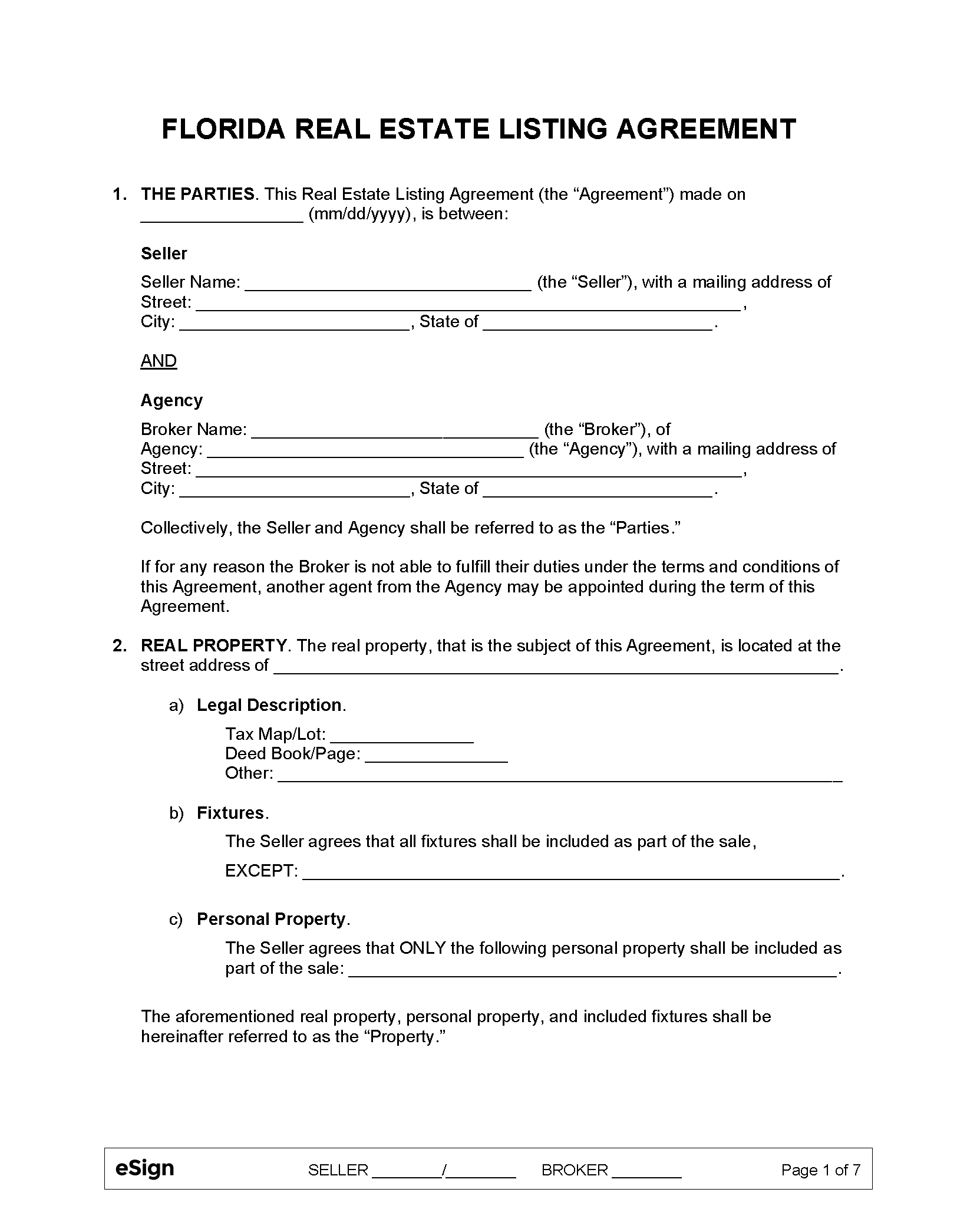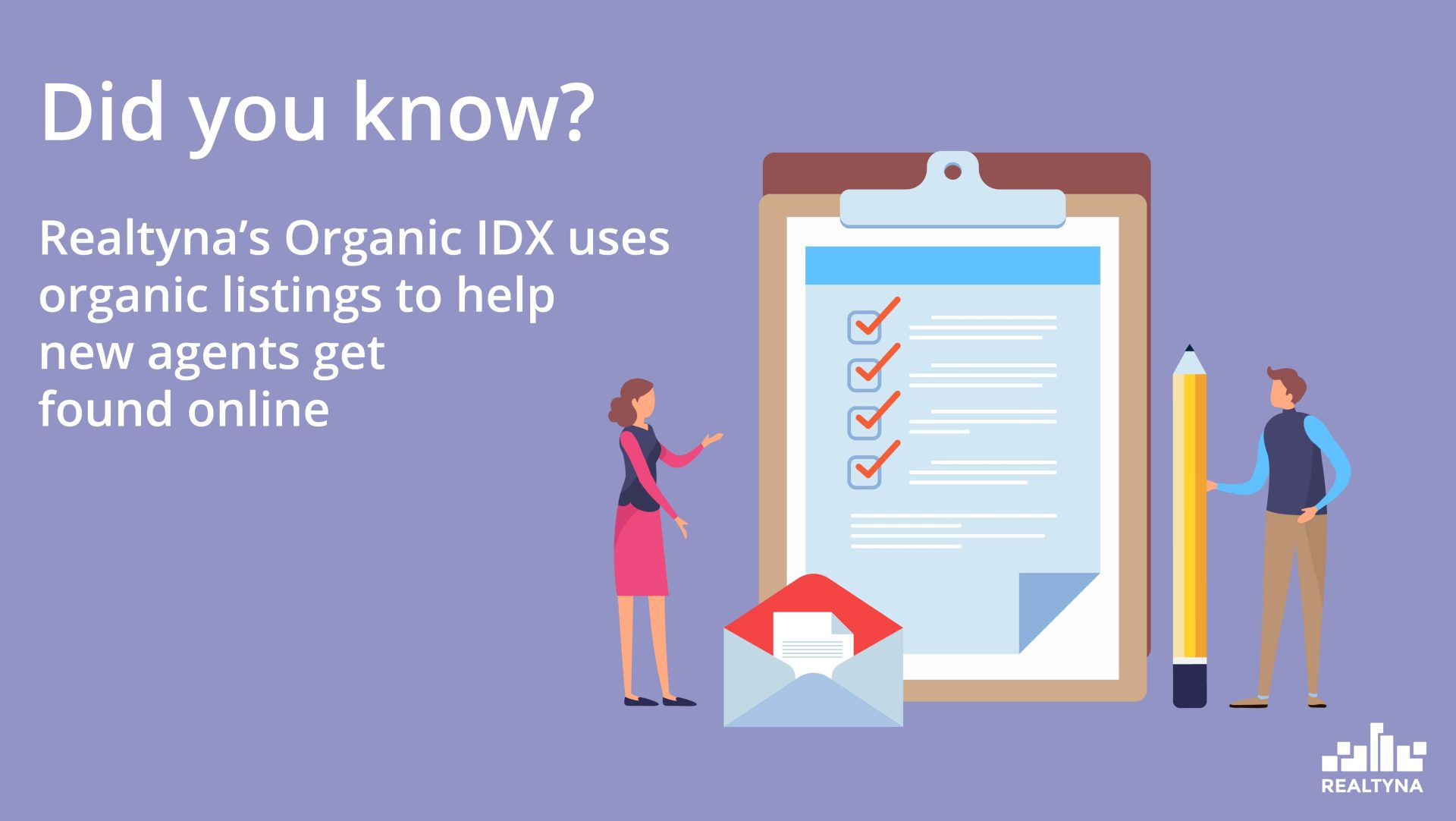
Here are some steps you should follow to get a California real property license. Non-refundable fingerprinting fees An notarized Consent for Service Process form must be completed. The Bureau of Real Estate will review and issue you a nonworking license as a salesperson. Once you submit your application, you will be mailed your license.
Allied Real Estate School offers online learning options
Allied Real Estate School offers a wide variety of online learning options for California real-estate license candidates. Students have the option to choose from live stream or self-paced online courses. Students from Allied Real Estate School will also be able to access study materials and practice tests. Quizzes are also available. Allied Schools offers 110% money back guarantee, and students are not required to pay for the test.
Allied's pre-licensing course is based on questions from the California real estate exam. Additional study materials offered by Allied include digital real estate exam flash cards and an "Exam Cram" video. Allied also offers continuing education classes such as mortgage broker courses to help students prepare for the exam. Allied is backed by industry-leading school Real Estate Express.

College-level courses are acceptable
Make sure you have completed the right courses before applying for a California license. It is necessary to complete college-level classes that have been accredited by the California Real Estate Commission and other agencies. A college must be accredited, for example, by the Western Association of Schools and Colleges. If you have taken college courses that meet California requirements, then you will be eligible to sit for either the salesperson or broker exam.
At least eight college courses are required to qualify for the California real estate license. The examination requires that you have passed at least three semester units or four quarter units. To prove that you've completed the required courses, submit official transcripts or course descriptions. For example, if you completed a course at a community college, you must submit an official transcript. A course description is required to document other college-level courses.
Fingerprinting fees are not refundable
A set of classifiable digital fingerprints must be submitted before you submit your application to California for real estate license. No matter whether you pass or fail the examination, fingerprinting fees cannot be refunded. The California real property license application requires fingerprinting fees. Even if your examination fails, fingerprinting fees cannot be refunded.
Also, submit your fingerprints to the state for licensure requirements. For licensing purposes, the Department of Real Estate (DRE), requires that fingerprints be submitted with the application. The fees for fingerprinting are non-refundable. You can get fingerprinting done if you are not in California. The cost for fingerprinting includes the live scanning service at $49 and the printing of the images at $49 Fingerprinting fees are required every year for renewal of your California real estate license. Costs for continuing education vary from one provider. Generally, a 45-hour package of courses costs $60 and a CA salesperson/broker survey costs $50, while individual courses are $5-20.

What are the requirements to obtain a real-estate license?
The Department of Real Estate determines if you are eligible for a license to practice real estate. While eligibility criteria vary from one state or another, the minimum requirement to be licensed is 135 hours pre-licensing training. California real estate courses are available online, in-person, or both. You will need to complete 45 additional electives, in addition.
To determine if you have any criminal records, you will need to do a background check. Be upfront and truthful with the DRE if you have a criminal record. Once you have submitted your background report, it is possible to schedule a test date. Some schools provide additional resources to help you pass the difficult exam. These courses can also be helpful if you are not sure how to answer the state exam.
FAQ
What are the three most important factors when buying a house?
The three main factors in any home purchase are location, price, size. Location refers to where you want to live. Price is the price you're willing pay for the property. Size refers how much space you require.
What time does it take to get my home sold?
It depends on many factors, such as the state of your home, how many similar homes are being sold, how much demand there is for your particular area, local housing market conditions and more. It can take anywhere from 7 to 90 days, depending on the factors.
Should I rent or purchase a condo?
If you plan to stay in your condo for only a short period of time, renting might be a good option. Renting allows you to avoid paying maintenance fees and other monthly charges. A condo purchase gives you full ownership of the unit. You can use the space as you see fit.
Do I need flood insurance?
Flood Insurance covers flood damage. Flood insurance helps protect your belongings and your mortgage payments. Find out more information on flood insurance.
What are the key factors to consider when you invest in real estate?
The first thing to do is ensure you have enough money to invest in real estate. If you don’t save enough money, you will have to borrow money at a bank. Aside from making sure that you aren't in debt, it is also important to know that defaulting on a loan will result in you not being able to repay the amount you borrowed.
You also need to make sure that you know how much you can spend on an investment property each month. This amount must be sufficient to cover all expenses, including mortgage payments and insurance.
Finally, ensure the safety of your area before you buy an investment property. It is best to live elsewhere while you look at properties.
How do I eliminate termites and other pests?
Your home will be destroyed by termites and other pests over time. They can cause damage to wooden structures such as furniture and decks. To prevent this from happening, make sure to hire a professional pest control company to inspect your home regularly.
How much money will I get for my home?
The number of days your home has been on market and its condition can have an impact on how much it sells. According to Zillow.com, the average home selling price in the US is $203,000 This
Statistics
- Some experts hypothesize that rates will hit five percent by the second half of 2018, but there has been no official confirmation one way or the other. (fortunebuilders.com)
- 10 years ago, homeownership was nearly 70%. (fortunebuilders.com)
- This means that all of your housing-related expenses each month do not exceed 43% of your monthly income. (fortunebuilders.com)
- The FHA sets its desirable debt-to-income ratio at 43%. (fortunebuilders.com)
- Private mortgage insurance may be required for conventional loans when the borrower puts less than 20% down.4 FHA loans are mortgage loans issued by private lenders and backed by the federal government. (investopedia.com)
External Links
How To
How do you find an apartment?
When you move to a city, finding an apartment is the first thing that you should do. This process requires research and planning. This involves researching neighborhoods, looking at reviews and calling people. There are many ways to do this, but some are easier than others. Before you rent an apartment, consider these steps.
-
Data can be collected offline or online for research into neighborhoods. Online resources include Yelp. Zillow. Trulia. Realtor.com. Offline sources include local newspapers, real estate agents, landlords, friends, neighbors, and social media.
-
Read reviews of the area you want to live in. Yelp. TripAdvisor. Amazon.com all have detailed reviews on houses and apartments. You can also check out the local library and read articles in local newspapers.
-
You can make phone calls to obtain more information and speak to residents who have lived there. Ask them what they liked and didn't like about the place. Ask them if they have any recommendations on good places to live.
-
Check out the rent prices for the areas that interest you. Consider renting somewhere that is less expensive if food is your main concern. However, if you intend to spend a lot of money on entertainment then it might be worth considering living in a more costly location.
-
Find out all you need to know about the apartment complex where you want to live. How big is the apartment complex? How much is it worth? Is it pet friendly? What amenities is it equipped with? Can you park near it or do you need to have parking? Are there any special rules that apply to tenants?